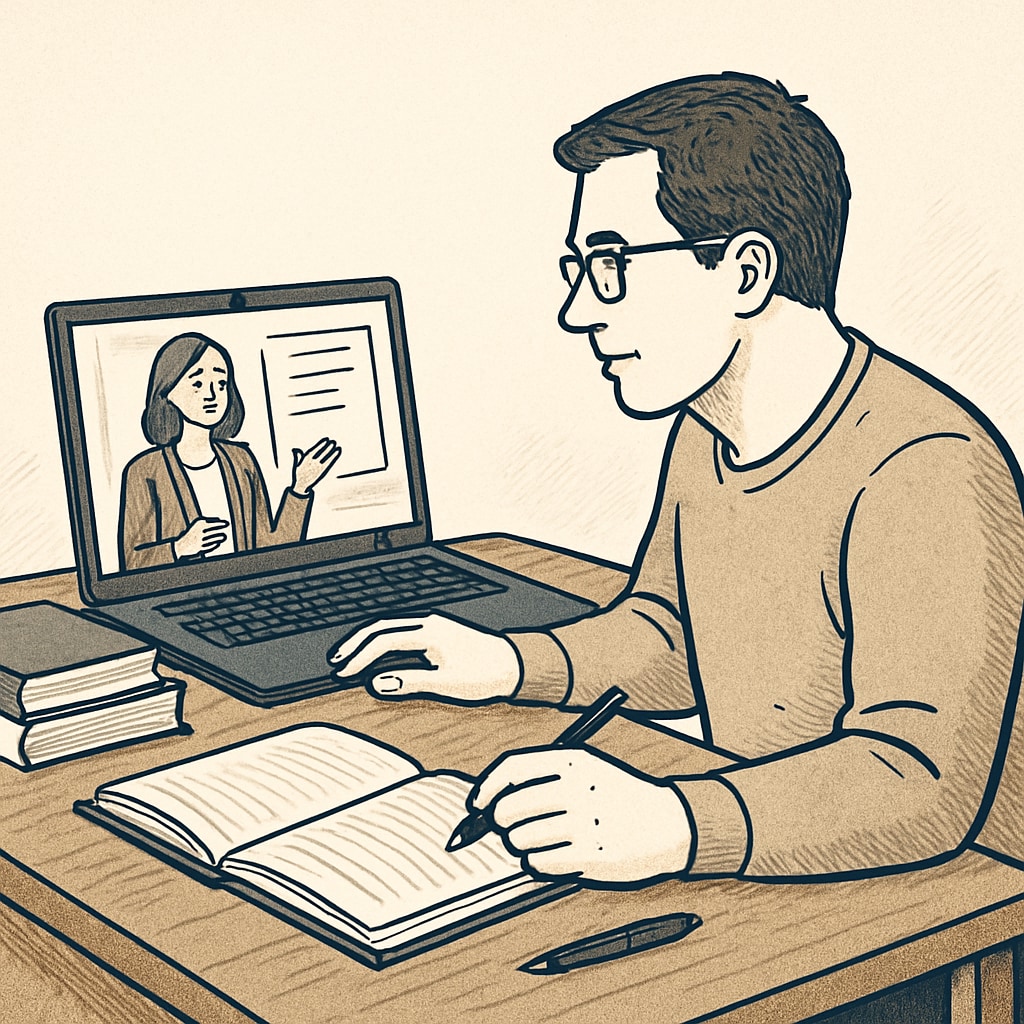Educational gaps, foundational knowledge, and self-esteem are deeply interconnected, shaping who we are as adults. For those who experienced deficiencies in their childhood education, the effects can be profound. These gaps not only hinder academic or career growth but also contribute to insecurities and a persistent sense of inadequacy. However, the good news is that adulthood offers an opportunity to address and rebuild these missing pieces, creating a more confident and capable version of yourself.
Understanding the Impact of Educational Gaps
Childhood educational gaps can arise for various reasons, such as limited access to quality education, unstable family environments, or undiagnosed learning difficulties. While children may not immediately recognize the long-term effects, these gaps often manifest later in life as challenges in learning, communication, and problem-solving.
For example, individuals with insufficient foundational knowledge in mathematics or reading may struggle with daily tasks, such as budgeting or understanding written instructions. Moreover, these deficiencies can lead to self-esteem issues, as adults compare themselves to peers who appear more knowledgeable or capable.

According to a Wikipedia article on education, foundational learning is critical to personal development and societal participation. Therefore, addressing these gaps is essential not just for individual success but also for contributing meaningfully to the community.
How Educational Gaps Affect Self-Esteem
One of the most significant consequences of educational gaps is the development of self-doubt and low self-esteem. Adults with unresolved knowledge deficiencies may feel inadequate in professional or social settings, avoiding opportunities that require problem-solving or public speaking. This avoidance can create a cycle of missed chances, reinforcing the belief that they are incapable of achieving success.
However, this cycle can be broken. Recognizing that gaps in knowledge are not a reflection of intelligence but rather an outcome of circumstances is the first step towards self-acceptance and growth.

As noted in a Britannica entry on education, lifelong learning is a powerful tool for transforming one’s life. By acknowledging the gap and taking proactive measures, adults can rebuild their self-esteem alongside their knowledge.
Practical Steps to Rebuild Foundational Knowledge
Rebuilding knowledge as an adult requires a structured and patient approach. Here are some practical steps to get started:
- Assess your current knowledge: Identify the areas where you feel less confident, such as math, reading, or general knowledge. Online tools and self-assessments can help pinpoint specific gaps.
- Set realistic goals: Break down your learning objectives into manageable steps. For instance, aim to complete one online course or read one book per month in your target subject.
- Leverage modern resources: Utilize free and paid resources such as educational apps, YouTube tutorials, or platforms like Khan Academy and Coursera. Their interactive and flexible formats make learning convenient for adults.
- Join a community: Participate in local or online study groups where you can share knowledge, ask questions, and stay motivated.
- Celebrate progress: Acknowledge your achievements, no matter how small. Progress is a journey, and every step counts.
The Psychological Benefits of Closing Educational Gaps
The process of filling educational gaps goes beyond acquiring knowledge—it also builds resilience, self-confidence, and a sense of accomplishment. With each new skill learned, adults can experience a boost in self-esteem and a renewed belief in their ability to overcome challenges.
In addition, closing these gaps can improve relationships and career prospects. Enhanced communication and problem-solving skills foster better interactions with colleagues, friends, and family, leading to more fulfilling and harmonious connections.
Conclusion
While childhood educational gaps may feel like insurmountable obstacles, they are not permanent barriers. With dedication, modern resources, and a growth mindset, adults can rebuild their foundational knowledge, transforming both their skills and self-esteem. It’s never too late to take the first step towards a brighter, more knowledgeable future.
Readability guidance: This article is structured with short paragraphs and clear headings to enhance readability. Lists are used to summarize actionable steps, and transitional words connect ideas effectively. Images are placed at strategic points to provide visual breaks and support the text.


